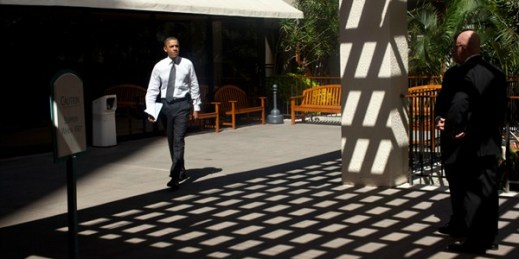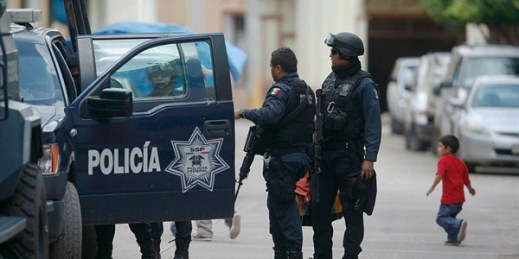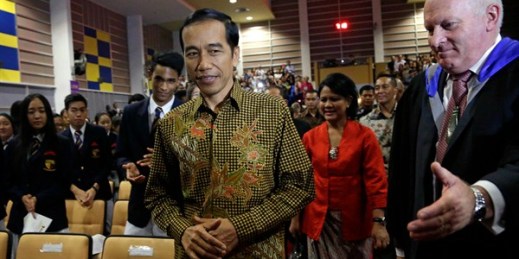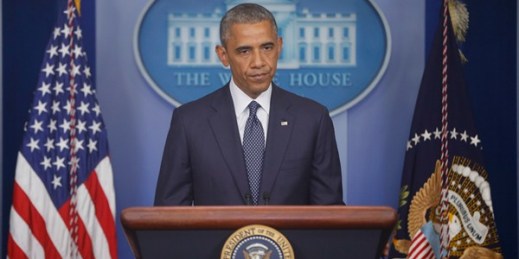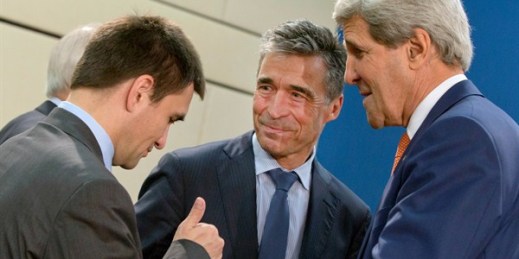
A recently released paper of the Defense Committee of the U.K. House of Commons on Russia’s seizure of Crimea and the implications for Western security concludes that “events in Crimea and Ukraine represent a ‘game changer’ [that] will have significant implications for resources, force structures, equipment and training.” In addition to their excellent analysis of Russian strategy and tactics, the authors offered useful recommendations meant to inform both the next U.K. Defense and Security Review and the upcoming NATO summit. The alliance will need to adapt its capabilities and approach to collective defense if it is to avoid being caught […]


